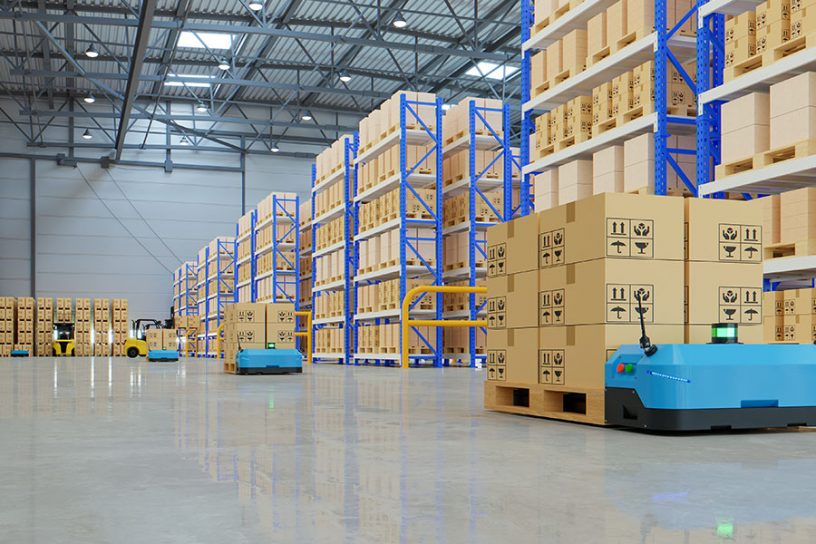
Lack of flexibility and lack of planned resource management are influential barriers to building a resilient supply chain, finds the study.
Authors
Tuhin Banerjee, Jindal Steel and Power Limited, New Delhi, India.
Ashish Trivedi, Assistant Professor, Jindal Global Business School, O.P. Jindal Global University, Sonipat, Haryana, India.
Gunjan Mohan Sharma, Associate Professor, Jindal Global Business School, O.P. Jindal Global University, Sonipat, Haryana, India.
Moaz Gharib, Department of Management, College of Commerce and Business Administration, Dhofar University, Salalah, Oman.
S. Shahul Hameed, Department of Business Administration, Sadakathullah Appa College, Tirunelveli, India.
Summary
This study aims to identify the barriers to building supply chain resilience and assess the contextual relationship between them in the Indian micro, small and medium enterprise (MSME) sector for the post COVID-19 era.
Methodology
Barriers to supply chain resilience were extracted from the extant literature and were evaluated using the grey sets and Decision-Making Trial and Evaluation Laboratory (DEMATEL) approach from strategic, tactical and operational business perspectives. The responses from experts on the identified barriers were collected through a structured questionnaire.
The prominence-net effect results obtained after the DEMATEL application helped identify the most prominent barriers, their net cause and effect, and their correlation with each other.
Findings
A total of 16 barriers to resilience, identified from the literature, were considered for analysis. The findings of the study revealed that the lack of flexibility is the most critical causal barrier to building a resilient supply chain.
Lack of planned resource management was also found to be an influential barrier. The study also identified the supply chain design, need for collaboration and technological capability as important factors for the MSME sector to focus on.
Research Implications
The study is limited to assessing barriers to the supply chain resilience of MSMEs in India. More extensive research may be needed to reveal the global trend.
Practical Implications
The study is significantly important for the MSMEs looking to establish resilient supply chains. Managers can use the findings to identify the weak links in the supply chain for strategic and tactical planning and can take corrective actions.
Originality
The study pinpoints the key linkages between barriers that impede MSMEs to make their supply chains resilient and robust to mitigate the impact of future disruptions and adversities. The work may be used by practitioners to further their attention on the significant challenges.
Published in: Benchmarking: An International Journal
To read the full article, please click here.


